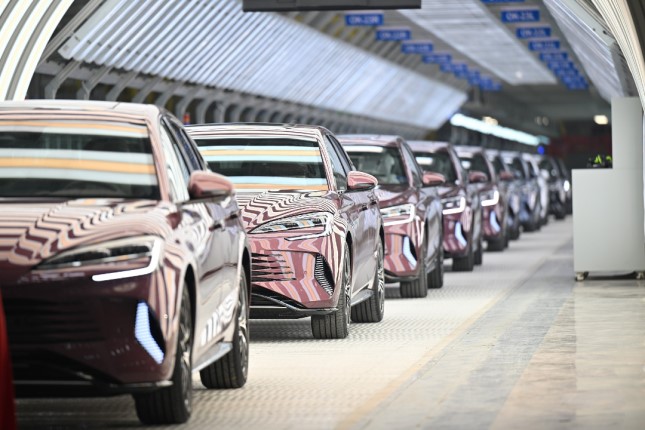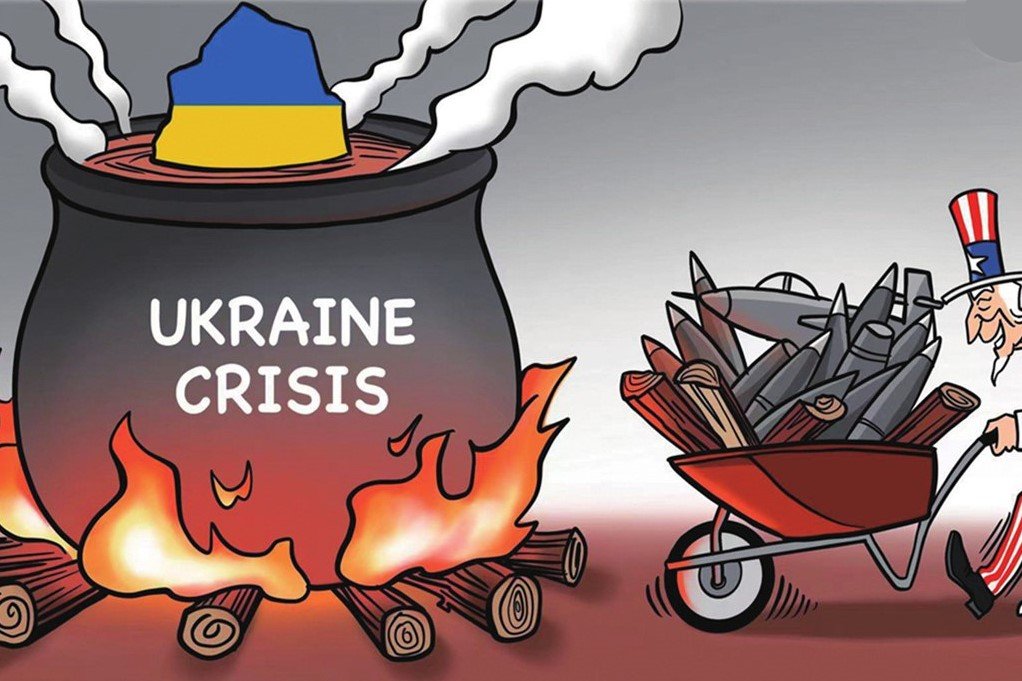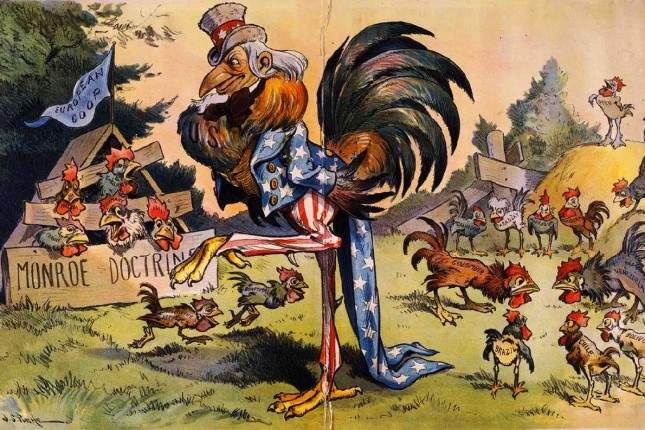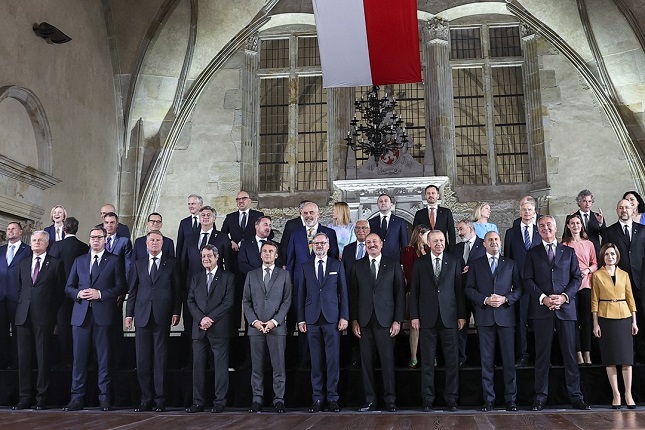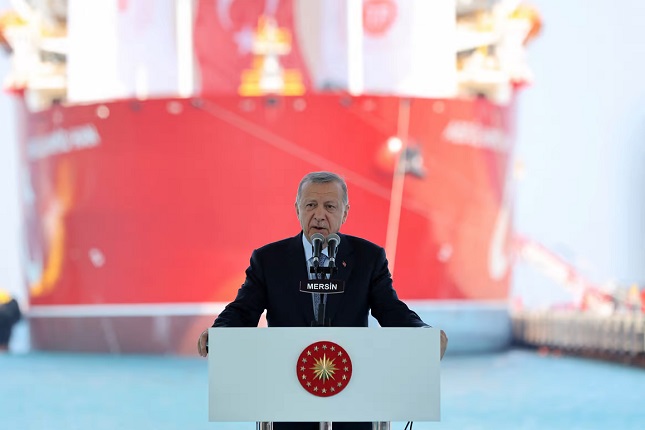The EU's anti-subsidy probe into Chinese new energy vehicles (NEV) is based on subjective assumptions, lacks sufficient evidence and goes against WTO rules, China's Ministry of Commerce (MOFCOM) said on Wednesday, responding to an EU decision to conduct the probe.
We express strong dissatisfaction and firm opposition to the EU decision, the MOFCOM said in a statement posted on its website on Wednesday.
China will closely follow Europe's investigative procedure and firmly safeguard the legitimate rights and interests of Chinese companies, the MOFCOM said.
The EU requires negotiation with the Chinese side under extremely short notice and failed to provide effective materials for negotiation, which has seriously infringed China's rights, according to the ministry.
The ministry noted that in the 10th China-EU High-level Economic and Trade Dialogue, held in late September, the Chinese side clearly stated that the EU's proposed probe is blatant protectionism and aimed at protecting the EU's industry under the guise of "fair trade," the moves of which will seriously disrupt and distort the global automotive industrial and supply chain, of which the EU has a part, and result in negative impacts on China-EU trade and economic ties.
China urged the EU to exert caution in applying trade remedy measures, considering the big picture of maintaining the stability of global industrial and supply chains and the China-EU comprehensive strategic partnership, the MOFCOM said.
"The EU should encourage deepened cooperation in the new energy industry which has NEVs as one of its spearheads, and create a fair, non-discriminatory and predictable market environment for the common development of the China-EU EV industry," the MOFCOM said.
In recent years, China's EV industry has seen rapid development thanks to its unremitting technological innovation and building up of a complete industrial and supply chain. And Chinese EVs have been favored by consumers including those in the EU.
According to auto consultancy Inovev, 8 percent of new EVs sold in Europe as of September this year were Chinese, up from 6 percent in 2022 and 4 percent in 2021.
In 2022, Chinese automakers exported 545,244 NEVs to Europe, accounting for 48.66 percent of all NEV exports, data from the China Passenger Car Association showed.
On Wednesday, the China Association of Automobile Manufacturers (CAAM) expressed its strong opposition to the EU’s decision.
It is a clear fact that the Chinese EV market is a fiercely competitive market and not one supported and protected by subsidies, the industry association said, adding that the EU’s stubbornness in launching the probe regardless of the fact constitutes a blatant protectionist behavior and will definitely impede the global development of the EV industry and pose hazard to the global carbon neutralization process.
The Chinese and European automotive industries are partners, not rivals, and the development of the automotive industry needs fair competition, not protectionism, the CAAM said.
Source: The Global Times.
